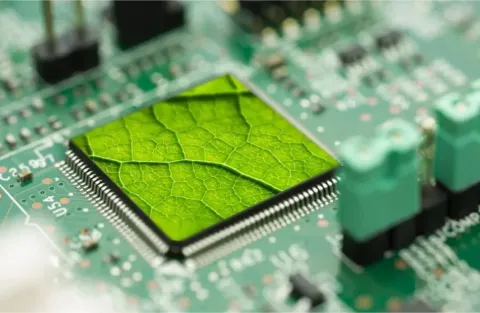Evaluation of results of physical testing
Politecnico di Milano (POLIMI)
Università degli Studi di Milano (UMIL)
Universitat de Lleida (UdL)
Location
Italy

Spain

Remote

 Arable farming
Arable farming
 Greenhouse
Greenhouse
 Horticulture
Horticulture
 Tree Crops
Tree Crops
 Viticulture
Viticulture
This service performs the crucial step that follows the execution of physical experimentation, i.e., evaluation of the performance of the system under test. This activity requires the application of suitable performance metrics to specific test data collected during the tests and then interpreting the results in view of the features of the system and the experimental setting. Depending on the specific use case, performance metrics can involve pure computer processing, human expertise by agronomists, or a combination of both.
Application of performance metrics may include the development of custom software to extract the necessary information from experimental data and/or to apply suitable processing to the information. If the performance metrics require the data to be subjected to some form of pre-processing, Service S00115 may be leveraged to prepare the data.
Beside the object of this service (i.e., evaluation of results), agrifoodTEF can, on request, support the customer along any other aspect and phase of the physical experimentation pipeline. For instance, for the design of the environment and protocol for the test, the customer can leverage services S00106 and S00107. Preparation of the test environment can be done either by the customer or by agrifoodTEF via service S00110; in both cases, assistance in interconnecting the system under test with agrifoodTEF’s test infrastructure is available via service S00111. Finally, data collection during the test can, if needed, be provided by agrifoodTEF via service S00113.
Data analysis
Performance evaluation

